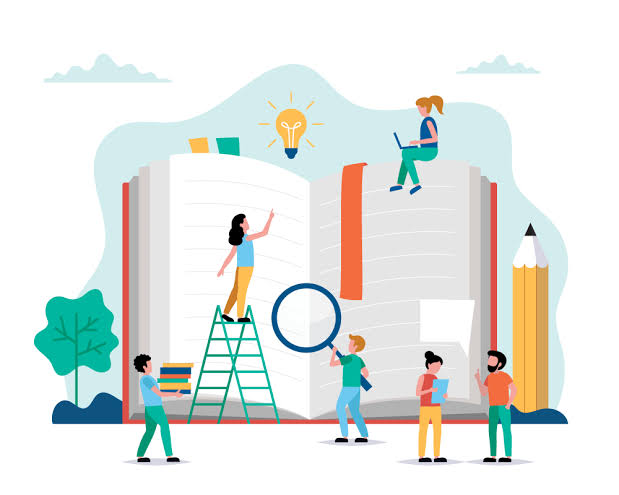In the current situation of this generation students or educators stay miles together from their learnings.
No one likes to learn or establish new things but on the other hand, we have got hard learners who
accomplish themselves with great learnings. We can’t learn new things overnight, it takes time to learn
and implement those learnings accordingly. Each person should learn from others. There is no egoism or
low feelings to learn from others. Educational learning gives us the right path to land our careers. Today
we look into different theories of learning in this article.
The relationship between students and teachers is like the ocean and seashell. Teachers keep on
transferring their knowledge and students grab the learnings from them. Every time teachers research
unique techniques and methods to teach their students in different ways. There are two types of
teachings and learning. Firstly experiential type, in this type of teaching teachers share their experiences
and try to educate students theoretically. Secondly, under this type of teaching, teachers make students
involved in different experiments and try to seek the information from their experiments. To gear up
these methods/types we have theories of educational learning.
There are five main educational learning theories –
1. Cognitive learning theory: This theory is about the thinking level and understanding level of the
student’s mindset. The cognitive theory deals with internal and external elements of learning.
The two philosophers Plato and Descartes gave the cognition observation on human being’s
thinking level. Researchers have done studies on psychology’s human cognitive thinking level
and focused on internal and environmental structures that impact their learnings. This theory
has developed over time. It broke into sub-theories and focused on unique elements of learning
and understanding.
This theory impacts students and allows them to ask questions, answer and think aloud. This strategy
makes them think and rethink unique studies.
2. Behaviorism learning theory: This theory states student’s behavior in the learning environment
as and when teachers interact with them. Behaviors are influenced by internal forces of
learning. During the 19th century psychologists had developed the idea of behaviorism learning
theory and as per their observation, stated that positive reinforcement is a popular element of
behaviorism. Through this theory, students get motivated and try to come up with unique ideas
along with their action moves.
For the better learning concept teachers in a classroom utilizes positive reinforcement to assist students
and students what they receive will retain information and move forward. This directs the result from
their behavior.
3. Constructivism learning theory: This theory is based on the idea that students actually create
their own learning strategy based on their past experiences. Previously what they have been
taught from their teachers, will be implemented in the present learning. This helps them to experience unique knowledge and enhance creativity. This learning theory helps students and
individuals to focus on the active process.
Teachers utilize constructivism learning theory to help students to understand external classroom
learnings. They go through their experiments and include creative learning further.
4. Humanism learning theory: This theory is closely related to constructivism. Humanism learning
theory focuses on self-actualization. Everyone functions under a hierarchy of needs. Here
students come across self-observation on their past and present learnings. Students strive for
their learning environments and move towards their needs and meetings.
Teachers create classroom environments and help students to get closer to their self-actualization.
Educators help students to fulfill their emotional learning and keep them at a comfortable level. This
theory will support them to find success in life.
5. Connectivism learning theory: This is one of the newest educational learning theories. It focuses
on the idea that people learn and grow along with their learning needs in life. This theory
influences their connectivism with their goals, hobbies, and passion.
Teachers utilize this theory in their classroom and give opportunities to students to accomplish their
extra learnings and interests from their basic learnings. Teachers can use digital or virtual methods of
teaching in the classroom to connect with positive learning. They even try to connect with student’s
goals and guide them on the right path.
There are additional theories of educational learning namely:
● Transformative learning theory
● Social learning theory
● Experiential learning theory
Therefore apply these theories in your learning process and enrich your knowledge.

